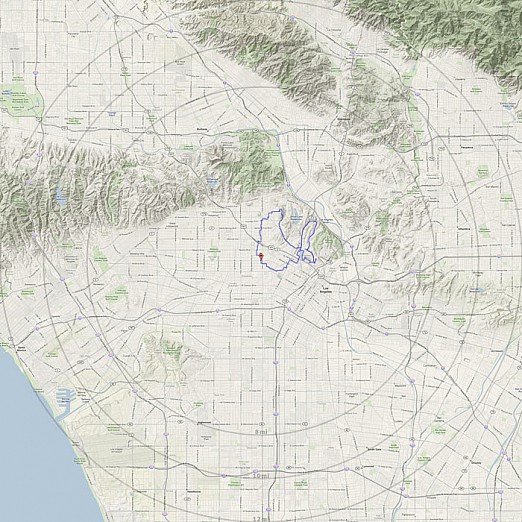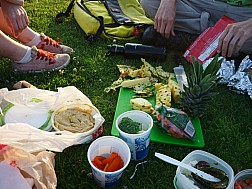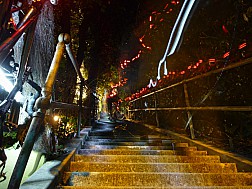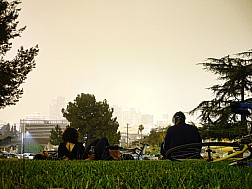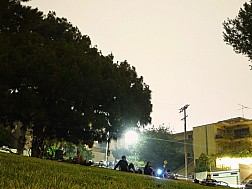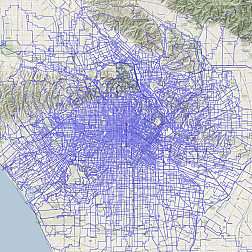Passage #155: 4 July 2012
Boomtown
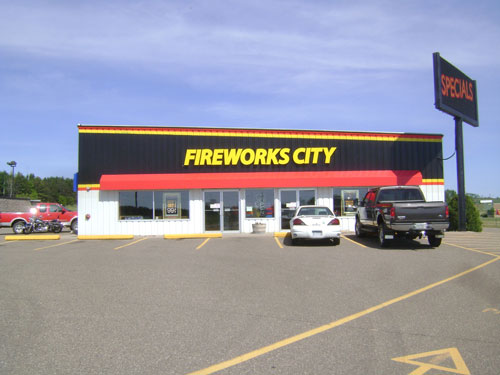
Eating breakfast at the Los Angeles Police Academy Café is a curious experience. It is, more or less, a diner like any other. Diner food, diner service. A little bit quaint and old-timey. Yes, it is almost Platonically diner-like in every respect save one. Sonically. Not that it lacks any of the usual diner sounds (the friendly chatter, the sizzling grill, the clinking plates and silverware), but there is an extremely conspicuous addition to that typical sonic palette: gunfire. There is the near-constant sound of ammo being discharged on the shooting range just up the hill. One can't see it whilst sitting in the Café, but one most certainly can hear it. And it completely changes the experience. There is a feeling of both being in the space of the diner and simultaneously somewhere else, somewhere nearer to these sounds which feel so close by, almost right on top of you. One's body never quite feels at rest even though one is sitting in a booth eating comfort food.
Sounds affect spaces and spaces affect sounds. A noisy party feels spatially different from a quiet one. Music in a cathedral sounds different from music in a garage. As is true on the level of the room so too on an urban scale. Helicopters circling overhead, the sound of rain: these change the city's space. Not physically, but experientially.
Once a year, the city of L.A. stages an ambitious experiment (as do cities across the country) in sonic architecture. Through the coordinated, widespread deployment of pyrotechnic devices, we test the effects of such auditory incursions upon our perception of space. Does the city become bigger or smaller? Does it move faster or slower? Do disparate districts begin to feel more homogenous? Or does everything simply feel altogether different from what it was before?
This week we become roving test subjects for the annual experiment. Keeping our eyes open to what we encounter as always, of course, but also, especially, our ears.
